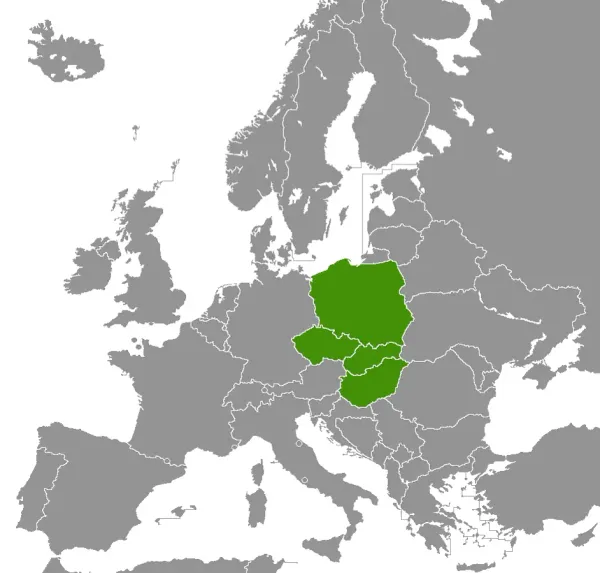
Babis wins Senate seats, but Fiala retains control
Czech opposition party ANO, led by former prime minister Andrej Babis, scored a significant victory in Saturday’s elections for the country’s upper house the Senate, winning 8 of 27 seats up for grabs.
Despite ANO’s gains, the ruling coalition, led by Czech Prime Minister Petr Fiala, retained control of the Senate by securing 15 seats, maintaining its majority in the 81-seat chamber, which approves constitutional amendments and Constitutional Court judges.
Fiala said: “The governing coalition parties have triumphed over the opposition and thanks to the victory in seven constituencies we managed to defend the position of the strongest senatorial club.”
ANO’s electoral successes present a clear challenge to Fiala’s governing coalition, as it is now the frontrunner in the upcoming parliamentary elections, capitalising on public dissatisfaction with the government’s handling of inflation and the economy, and oligarch-turned-politician Babis is poised to reclaim power after being ousted in 2021.
Implications for governance
The weekend’s result follows the party’s victory at last week’s regional elections, where ANO won in 10 of the 13 contested regions. With a greater presence in the upper house, Babis will push policies that resonate with his populist base, such as reducing immigration and limiting the EU’s influence on Czech affairs.
Babis has not said how his government would approach Ukraine, but a future ANO-led administration could take a more doveish stance than Fiala. Under Fiala, the current government has been a vocal advocate for Ukraine since Russia launched a full-scale invasion against the country in February 2022, providing military aid, including heavy weapons, and hosting 320,000 Ukrainian refugees. Czechia also supports an EU initiative to acquire artillery shells for Ukraine from outside the bloc.
ANO’s Senate wins and regional victories represent a comeback for Babis. “These Senate victories solidify ANO’s place in the upper echelons of Czech politics and set the stage for a pivotal contest in next year’s parliamentary elections,” said a political analyst in Prague. “Babis is showing that his movement remains a force to be reckoned with.”
Fiala’s purple coalition on brink
Tensions in Czechia’s ruling coalition erupted last week after Fiala dismissed Regional Development and Digitisation Minister Ivan Bartos, who had resigned as chairman of the Pirate Party on Sunday 22 September as the weekend’s regional election results saw a poor showing for his centre-left party. Bartos’s resignation as party chair was precipitated by public backlash over a failed building permit digitisation project.
While Bartos stepped down voluntarily, his departure as minister was mishandled, worsening an already tense situation. Fiala’s decision reportedly came after a face-to-face meeting with Bartos on Tuesday 24 September, followed by his firing over the phone later that day. Bartos initially claimed there would be no government reshuffle, only to then denounce Fiala’s actions as a “betrayal”. Fiala defended his decision in a tweet that urged the Pirate Party to nominate a replacement.
Pirate Party chief whip Jakub Michalek condemned the sacking: “We were kicked out of the government by ODS today, and it’s out of the question that we would come back to beg.” The party is reportedly considering leaving the coalition entirely, which would see Foreign Minister Jan Lipavsky and Legislation Minister Michal Salomoun follow Bartos out the door and leave the Fiala government with a parliamentary majority narrowing from 108 to 104 in the 200-seat lower house, making it more challenging for Fiala to govern effectively. Lipavsky, a Pirate Party member, has indicated that he may resign from the party but remain in office as an independent.
Czech President Petr Pavel, who must approve any cabinet changes, announced that he would meet with coalition members on Monday 30 September. Pavel said: “What is important to me and to the citizens is that any change, if it occurs, does not affect government stability.”
If the Pirate Party follows through on its threats to leave, Czechia could face early elections. Fiala’s government meanwhile faces record low public approval, as only 24% of Czechs trust the current cabinet, the lowest level of support for any government since 2013, according to a summer poll by the Center for Public Opinion Research. The administration’s popularity has been undermined by a series of unpopular measures, including pension system reforms.





